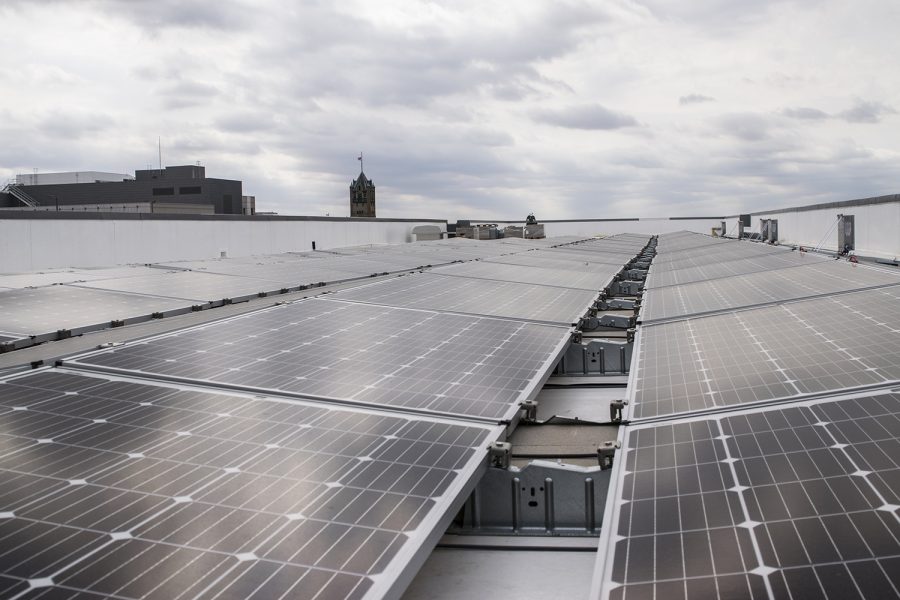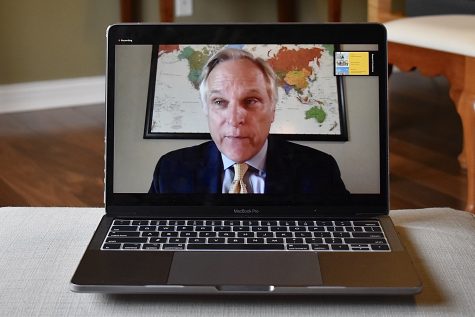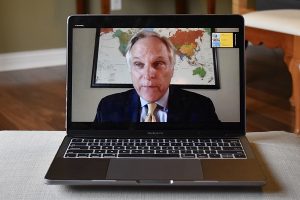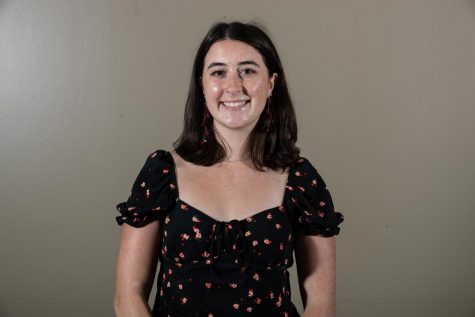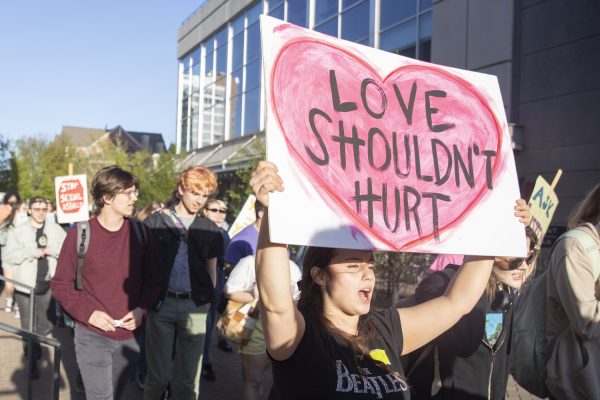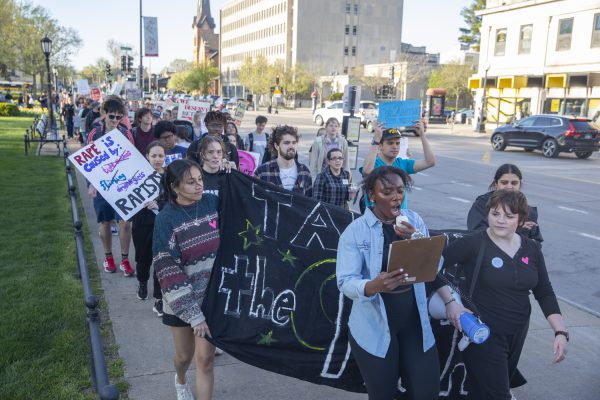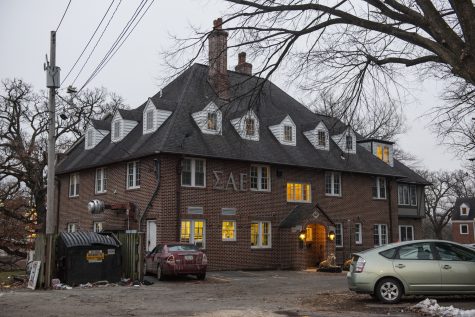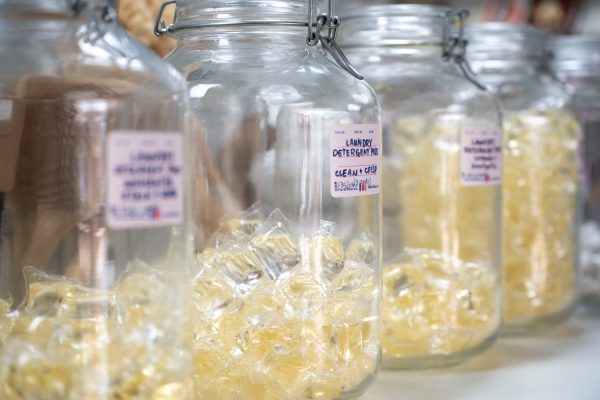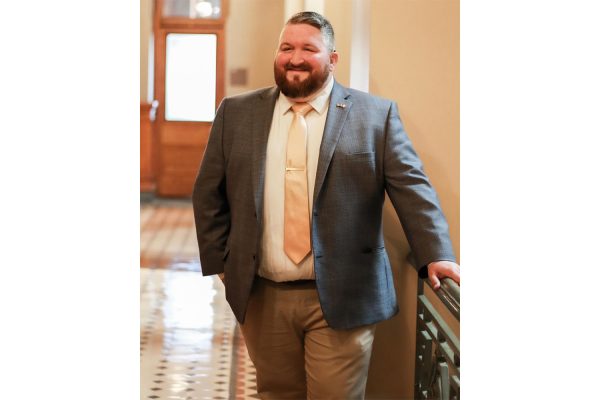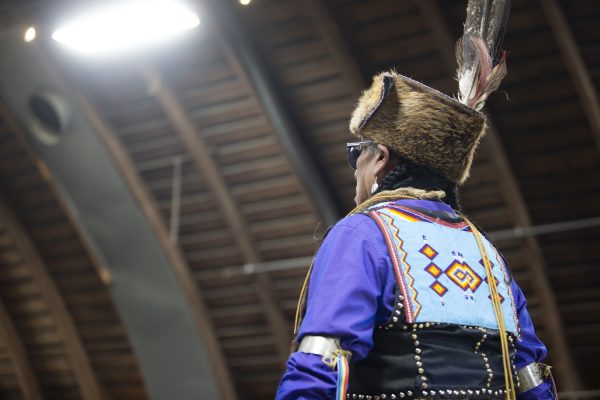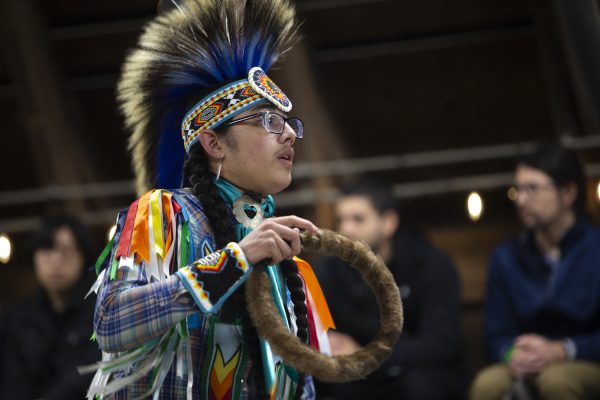College of Engineering faculty, staff councils send climate resolution to UI administration
The UI’s Engineering Faculty Council and Engineering Staff Advisory Council passed a joint resolution to advocate for the university to address climate change. The engineering focus serves as another way to address climate change using special expertise.
May 4, 2020
Representatives on two University of Iowa engineering councils sent a resolution asking for coordinated campus-side leadership in addressing climate change to university administration in April, but leaders in the engineering college are concerned that achieving climate goals may be delayed due to the COVID-19 response.
The Joint Climate Resolution, passed by the University of Iowa Engineering council and Engineering Staff Advisory Council in December 2019, focuses on how the engineering college has specific expertise that can be harnessed for addressing climate change and expanding the UI’s overall climate leadership.
UI chemical and biochemical-engineering professor Charles Stanier adapted the resolution from University of Iowa’s student-government bodies to fit the needs of the Engineering Faculty Council, of which he is a member.
RELATED: UISG, GPSG unanimously pass resolution to fight climate change
“The goal of the resolution was to show the faculty of engineering wanted campus-wide leadership,” Stanier said.
The councils’ initial plans for the resolution have been affected by the outbreak of COVID-19, Stanier said. The original vision for the resolution was for the councils to make a public announcement on Earth Day, April 22, of their new goals, which would take effect in 2021 and guide the university until 2030. That has now been delayed until the fall, Stanier said.
UI engineering Assistant Research Scientist and Engineering Staff Advisory Council President Rachel Marek said that both the staff and faculty councils have adapted to these changes. She said the shift in focus toward the immediate concerns of COVID-19 across the UI campus are completely understood and supported by the college.
Marek said that it is also important, however, to keep moving forward as a campus and address the climate crisis through resolutions like that of the engineering college. For those not on the frontlines of COVID-19 response, she said, climate change is an ongoing global crisis that needs to be addressed immediately and continuously.
“My feeling is that we need to continue to build momentum and give energy to this, so the administration continues to see it as a priority,” Marek said. “… I think once we get our solid 2030 goals, then everything can unroll from there … This is the time I worry about the most because we haven’t gotten there, and we have to push for it.”
Marek said the resolution was sent to UI President Bruce Harreld and Provost Montserrat Fuentes April 27. Provost Fuentes responded positively to the resolution, Marek said, but Marek is still concerned about the timing and attention given to this resolution by administrators due to the outbreak of the novel coronavirus.
In a December 2019 interview with The Daily Iowan, UI President Bruce Harreld discussed the UI’s institutional response to the climate crisis, and sustainability goals on campus. Harreld said there needs to be more action taken across campus against climate change.
“Yeah, of course we’ve got a climate crisis, but it amazes me how we now feel comfortable that we’ve said we’ve got a climate crisis,” Harreld said. “Our job hasn’t even started once we’ve declared, so we’ve got to think about what the impact is on this campus — and what we will stop doing that we’re currently doing. What we need to start doing, that we’ve never done.”
Moving forward, Marek said the main goal is to create a clear messaging of the resolution and turn campus attention toward meeting its 2030 sustainability goals. The resolution underwent many revisions and includes input from community members across campus.
Stanier said that it became apparent in the process of developing this resolution that climate and energy played a small role in the engineering college’s strategic plan, and the UI’s overall campus strategic plan. He said that he and the councils therefore want climate to be a stated priority of the university going forward.
The Engineering Climate Resolution addresses the climate crisis and also serves as a platform for UI students to become better engineers in a changing climate, Marek said. Aligning the engineering college and the UI as a whole by sustainable goals will benefit the future, she said.
“We are trying to teach and graduate engaged students of the world to show how climate change is affecting the entire world,” Marek said.



